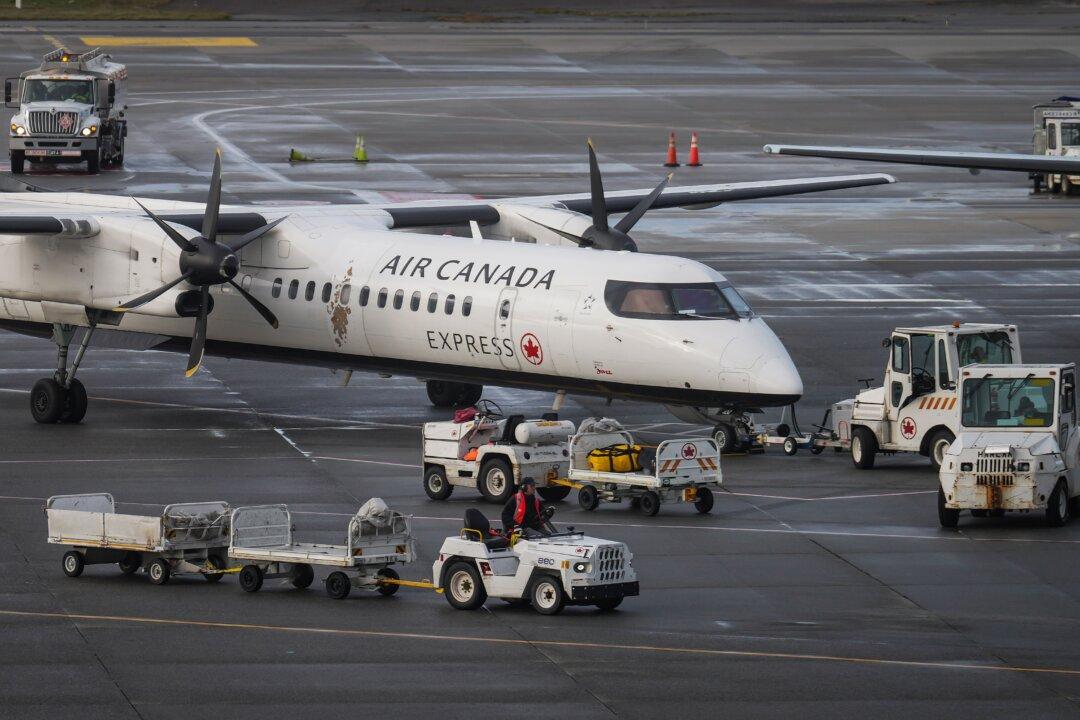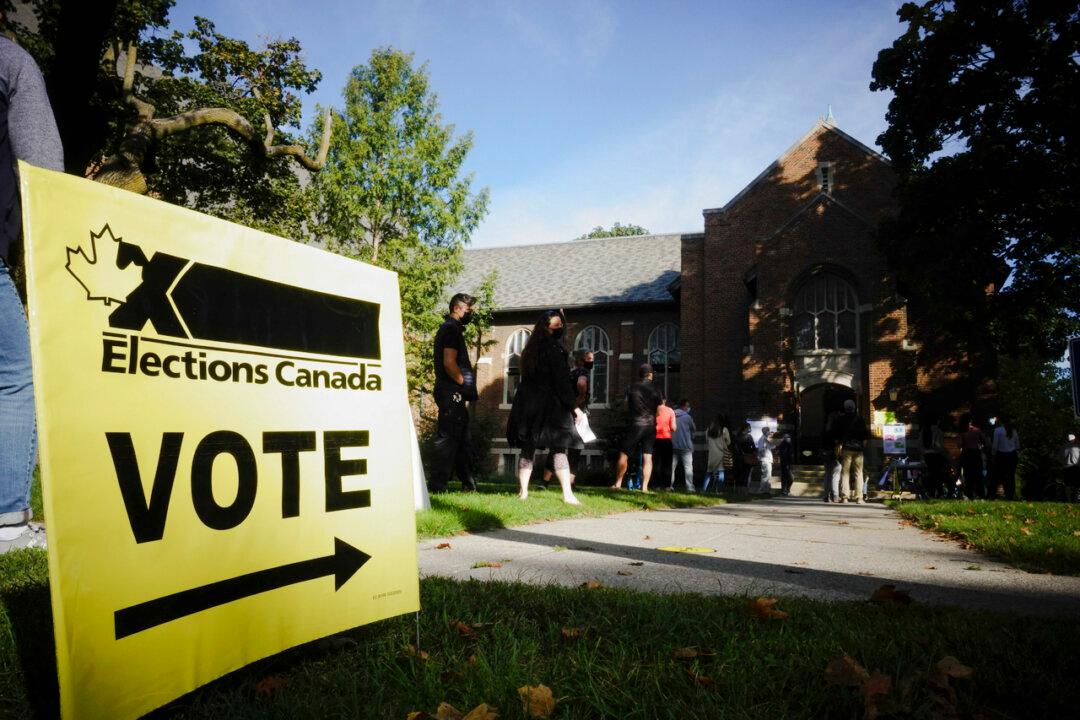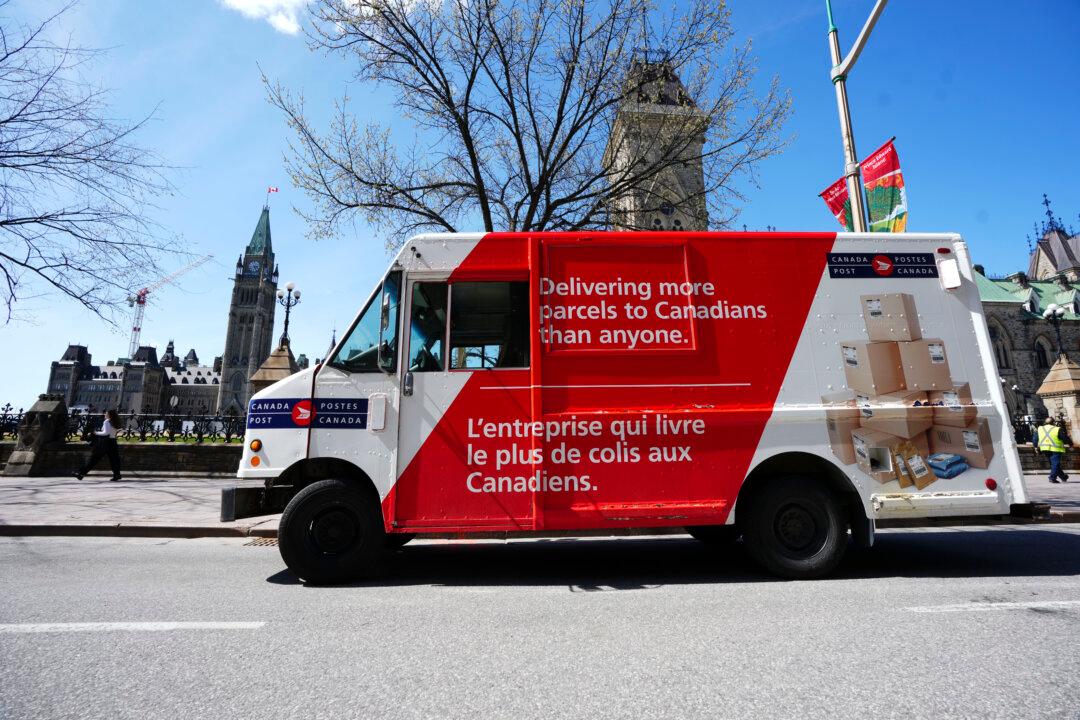Commentary
Canada’s airline industry has struggled mightily in recent years. COVID-19’s disastrous economic effects led to a massive reduction of passengers and travel. Lost revenue forced a desperate Air Canada to negotiate a deal with Ottawa in April 2021 to receive up to $5.9 billion through the Large Employer Emergency Financing Facility. Airlines reduced their fleets and laid off staff to cut costs, too.





